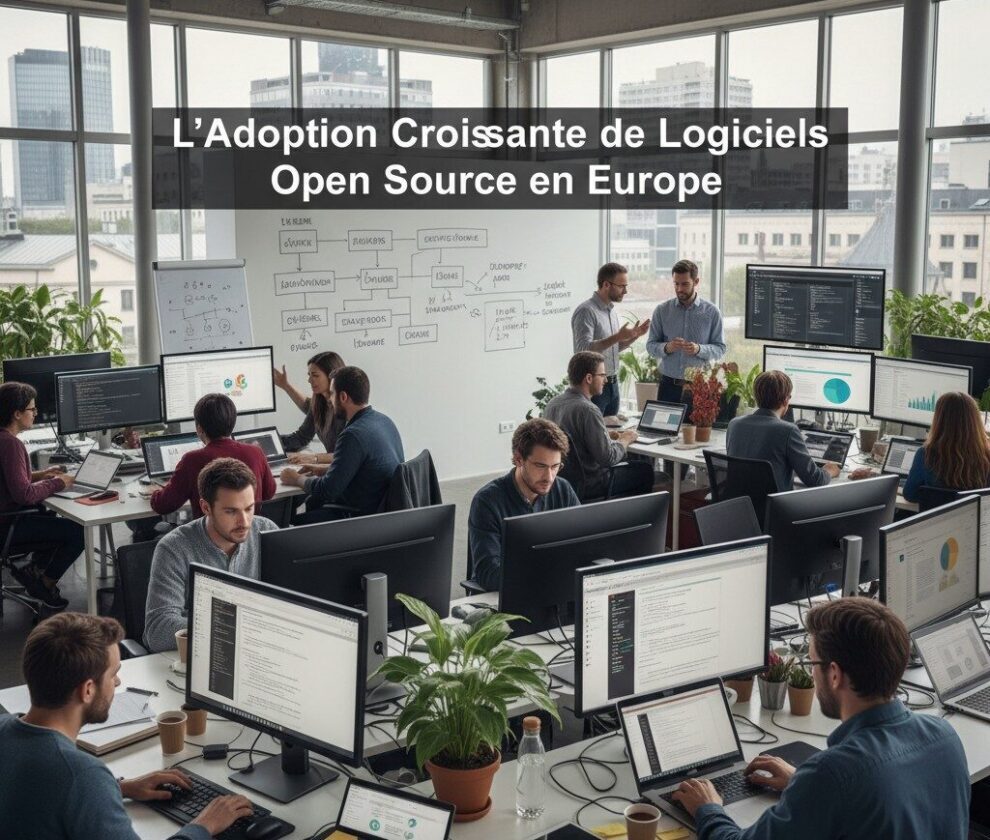The acquisition of AOL by Bending Spoons is a strategic endeavor that extends far beyond a mere business transaction. In a technology landscape increasingly dominated by artificial intelligence (AI), older platforms like AOL are proving their worth as valuable data goldmines. With its rich historical data and over 30 million active users, AOL positions itself as a unique asset that can supercharge AI-driven initiatives, adding both depth and dimension to Bending Spoons’ future endeavors.
Why Legacy Platforms Still Hold Value
Legacy platforms, often dismissed as antiquated, have unexpected strengths. Their most significant asset lies in the wealth of data they have accumulated, often spanning decades. This trove of information is critical for developing AI models that are not only effective but also adaptable. In the case of AOL, its historical data carries unique insights into user behavior that modern platforms often lack due to their shorter operational timelines.
From Outdated to Indispensable
Technological progress has frequently led to the underestimation of older systems. However, these platforms’ ability to intertwine seamlessly with modern, cloud-based architectures transforms them into invaluable resources. By incorporating such platforms into advanced AI frameworks, companies like Bending Spoons are setting the stage for groundbreaking innovation. Therefore, these so-called “outdated” systems are, in fact, cornerstones for a more connected technological ecosystem.
The Role of AI in Data Integration
AI’s involvement in this acquisition is particularly noteworthy. While many companies rely on synthetic data to enhance their AI solutions, Bending Spoons is taking a divergent approach. They aim to harness real-world, legacy data as a foundation for modern AI applications. By blending AOL’s historical data with cloud-native systems and advanced algorithms, the company looks to deliver hyper-personalized and exceptionally relevant results to its end-users.
Overcoming Technical Challenges
Despite the apparent advantages, integrating a legacy platform like AOL with modern systems is not without its hurdles. Data migration, especially when dealing with outdated email infrastructures and obsolete security protocols, requires extensive planning and sophistication. Failure to implement a robust governance framework could turn these valuable data assets into liabilities, especially in terms of legal compliance.
“Without strong governance, legacy platforms can transform from valuable assets into compliance liabilities,” remarked a Bending Spoons spokesperson.
To navigate these challenges, there must be a cohesive collaboration between technical and business teams, ensuring that the integration unfolds seamlessly and securely.
A Bold Financial Move
Funding the ambitious integration of AOL has not been a small feat. Bending Spoons secured a whopping $2.8 billion in financing, sourced from leading financial institutions like J.P. Morgan and BNP Paribas. This robust financial backing highlights growing confidence in data-centric business strategies. Unlike the dot-com era, where speculative software development ruled the roost, today’s market values tangible data assets that fuel AI-driven innovations.
Positioning Against AI Giants
Although Bending Spoons does not operate within the ecosystems of major players like Microsoft or IBM, its approach bears similarities. These tech titans have consistently demonstrated the value of legacy data. For instance, Microsoft has leveraged LinkedIn’s rich database to augment its Azure AI Foundry tools. Similarly, by integrating AOL’s historical data, Bending Spoons aims to carve out its competitive edge in the high-stakes world of AI development.
Strategic Takeaways for Businesses
For executives and business leaders, the AOL acquisition serves as a potent reminder: not all legacy technology is obsolete. Instead, these platforms often contain underutilized assets that, when properly integrated, can drive substantial innovation. AOL’s transformation from a perceived relic into a strategic AI asset underscores the potential of legacy systems to adapt to and shape the future digital landscape.
Conclusion
The acquisition of AOL by Bending Spoons is far from a nostalgic gesture; it represents a forward-thinking strategy to unlock the unrealized value of legacy platforms. By framing AOL’s historical data within state-of-the-art AI frameworks, Bending Spoons is setting a precedent for others to follow. When managed effectively through robust governance and technical acumen, such strategies can turn once-dismissed assets into transformative agents of change. In an era dominated by AI, the importance of legacy systems may be more significant than ever before.


